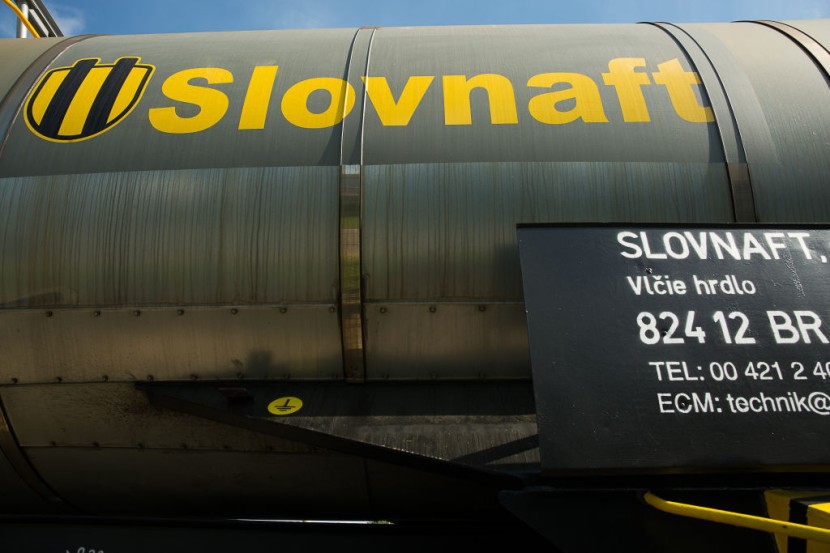
The EU energy crunch has reached critical proportions, as the main oil pipeline supplying Eastern Europe has been impacted by a sudden cessation of supplies from Russia. Reports that all energy shipment has been effectively halted exacerbate the blocs' energy crisis.
Druzhba Oil Pipeline Operation Worsens EU Energy Crisis
The Russian pipeline monopoly Transneft indicates the Druzhba pipeline, which passes from Ukraine to Hungary, has gone defunct and stopped operating, as reported by Anadolu.
Also known as the Friendship Pipeline, it transports Russian oil destined for east and central Europe.
Last Wednesday, Ukrainian officials confirmed that Transneft stopped the exports because of a drop in voltage in the line. This suspension is caused by the missile assault in the east of Poland, affecting Przewodow, which is close to the Ukrainian borders, as noted by Reuters.
Oil supply later restarted; nevertheless, the temporary suspension and increased likelihood of strained relations in eastern Europe again focused on natural gas and oil commerce via the main oil pipeline between the bloc and Russia. The bloc grapples with pivoting away from Russian fossil fuels, marking the onset of its war with Ukraine on February 24.
Initially, the EU prohibited the purchase and export of Russian coal in August, intending to reduce the need for Russian energy, the lack of which caused an EU energy crunch prompted by punitive sanctions against Moscow. These punitive measures were expanded to encompass Russian oil shipments in June.
European leaders agreed to phase out Russian crude oil supplies by December 5 and refined petroleum consignments by February 5 as components of the sixth round of sanctions, citing the Daily Sabah.
Escalating Tensions in Eastern Europe
A recent embargo bundle imposed significant restrictions on transporting crude oil to non-EU nations beyond a certain cutoff price, mainly affecting Greece's maritime industry, the Greek Cypriot administration, and Malta.
As shown in the monthly oil market report issued by the International Energy Agency (IEA), the bloc shipped 2.4 million barrels per day (BPD) of crude and 1.4 million BPD of petroleum products from Russia throughout January, drastically decreasing in October to about 1.5 million and 1 million BPD, respectively.
The EU's decrease in Russian crude oil quantities has now been offset by higher supplies, mainly from the Middle East, but also with extra supplies from Africa, Norway, Brazil, and Guyana.
During October, the stream conveyed approximately 2.5 million barrels of crude oil as well as 700,000 barrels of petroleum products destined for EU nations.
The Druzhba pipeline is 5,500 kilometers long, with most branches included, and is called the world's largest crude oil pipeline network. The pipeline transports crude oil from Siberia to the Urals, then to the Caspian Sea and Belarus. It then split into two pipes, south, and north.
Originating from the eastern European side of Russia, the Druzhba transports oil to Ukraine, Belarus, Hungary, Slovakia, Czechia, Austria, and Germany.
Another is the transport of oil via tanker from Russia, which originates at Baltic ports in Primorsk and Ust-Luga, as well as Novorossiysk, and goes to several ports in the Netherlands, Italy, France, Spain, and Portugal.
The expanse of no supply in an EU energy crunch is because the main oil pipeline, "Druzhba," is not operational and can impact eastern and central Europe.








